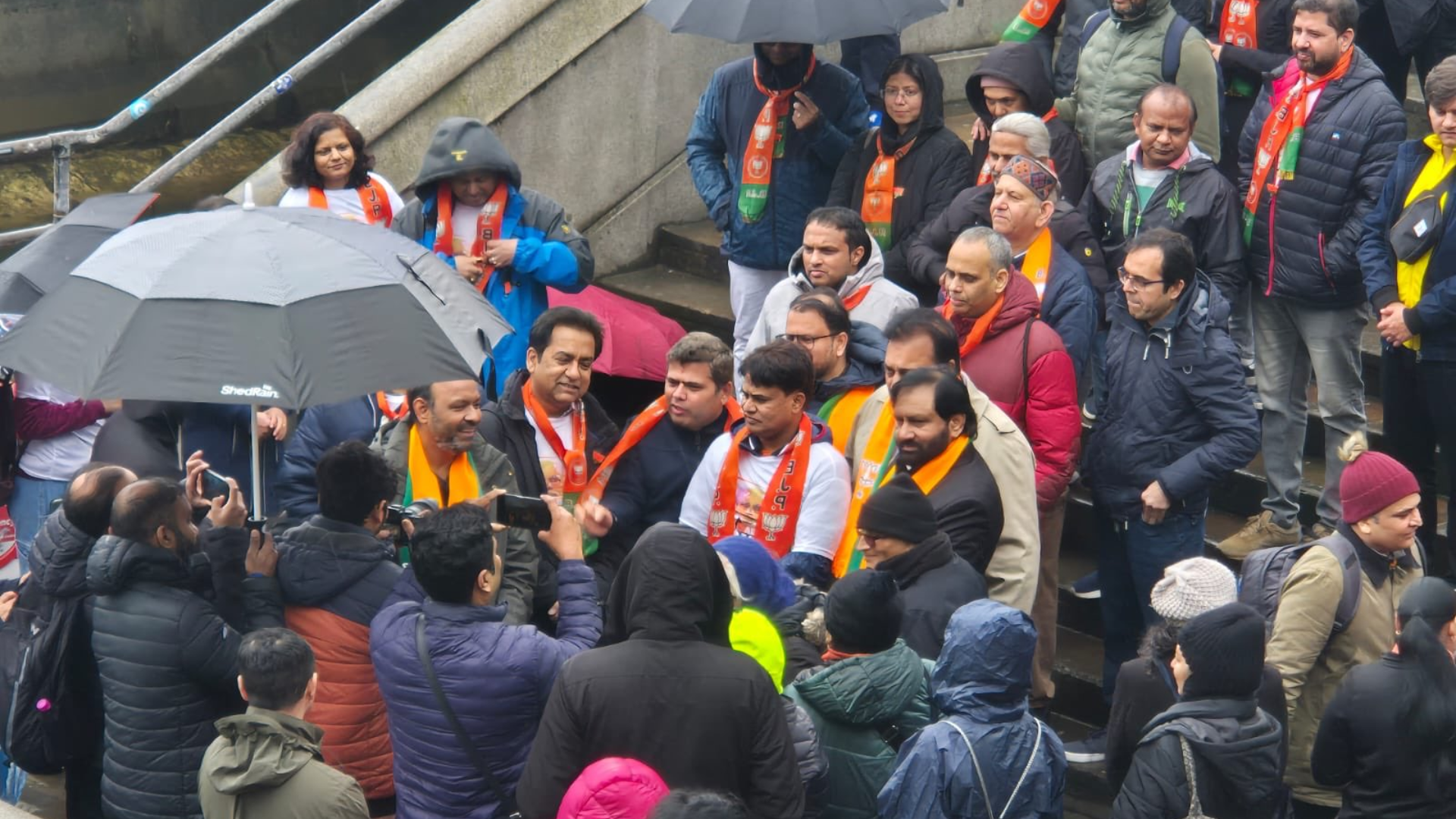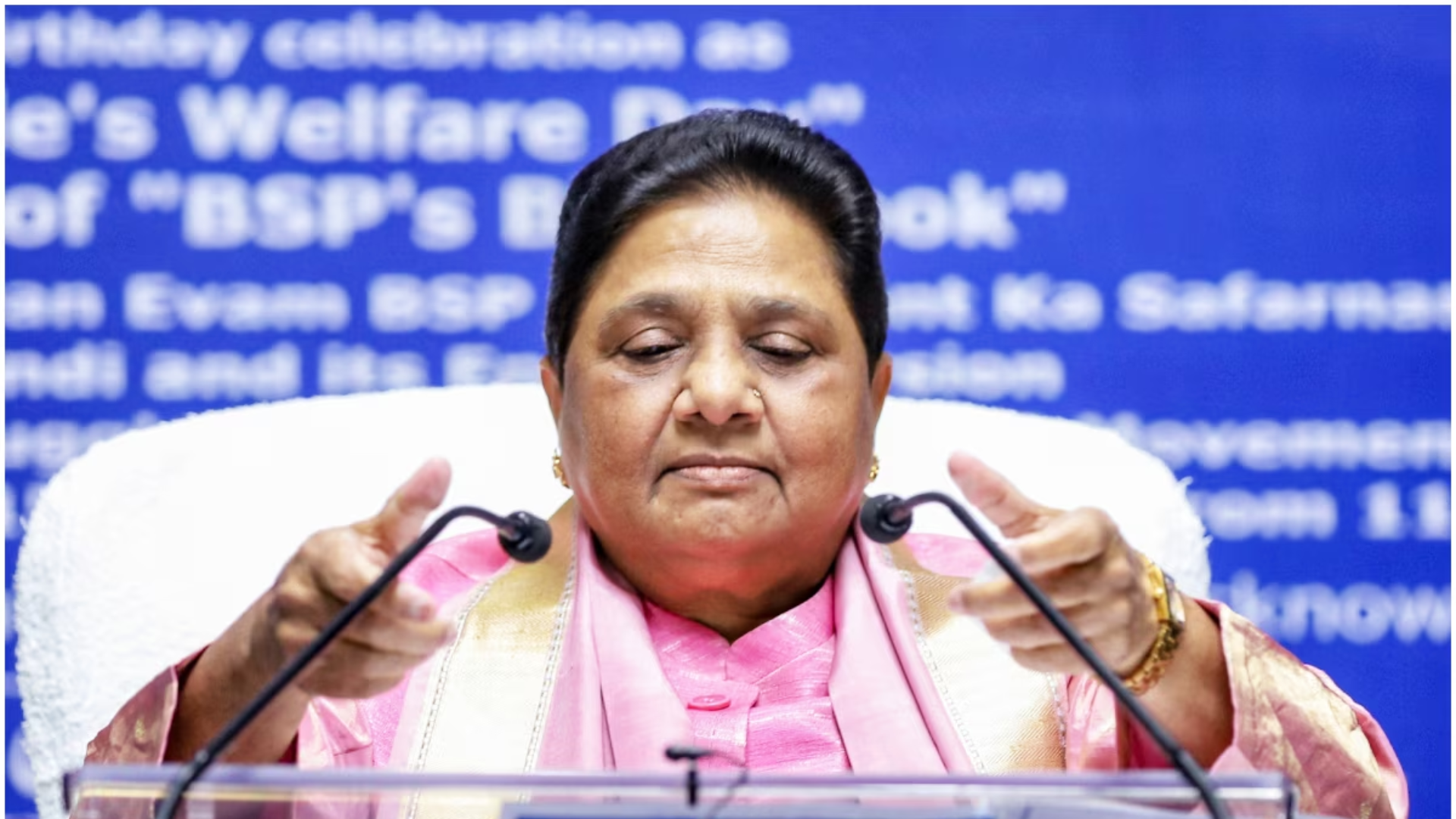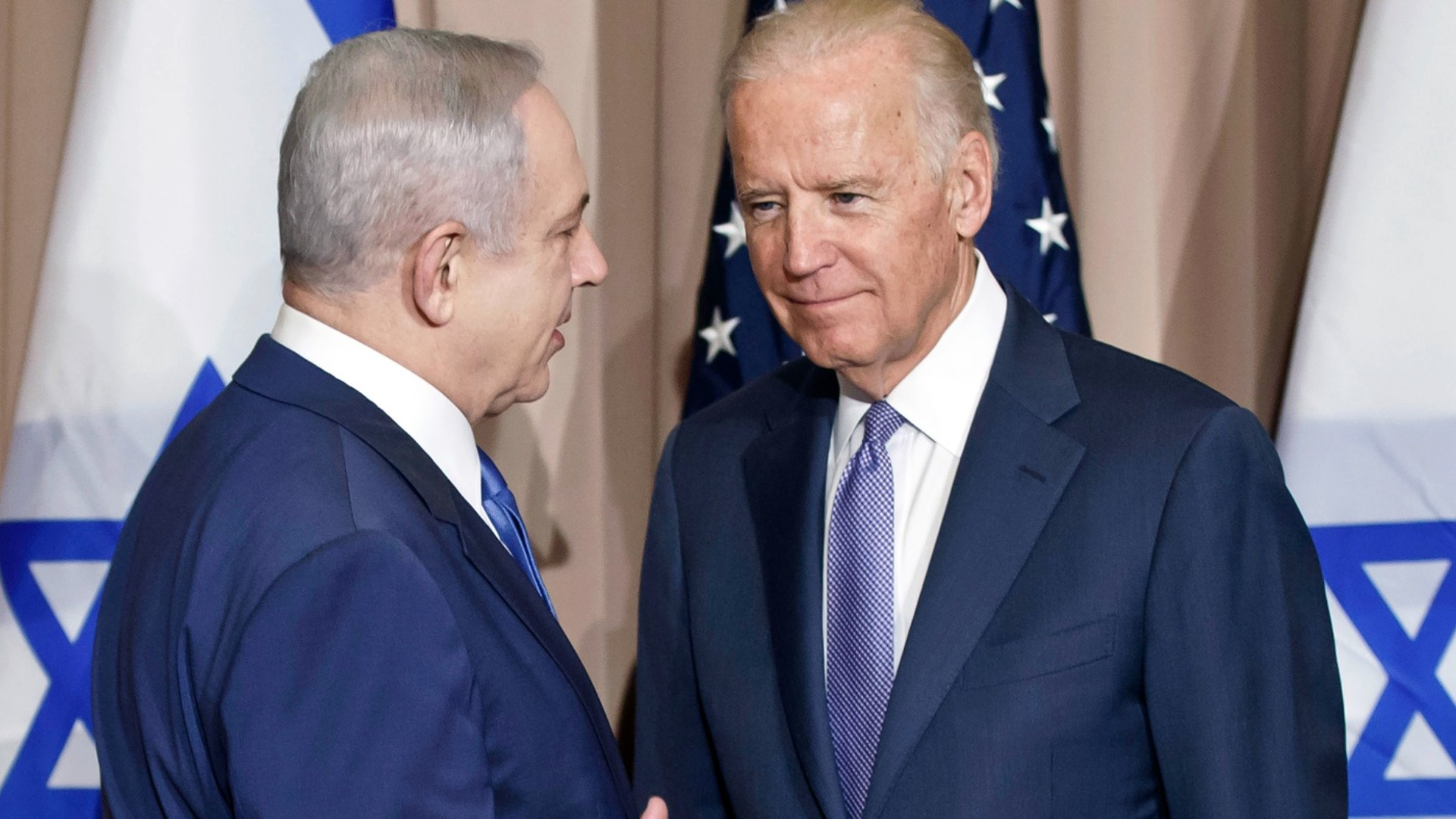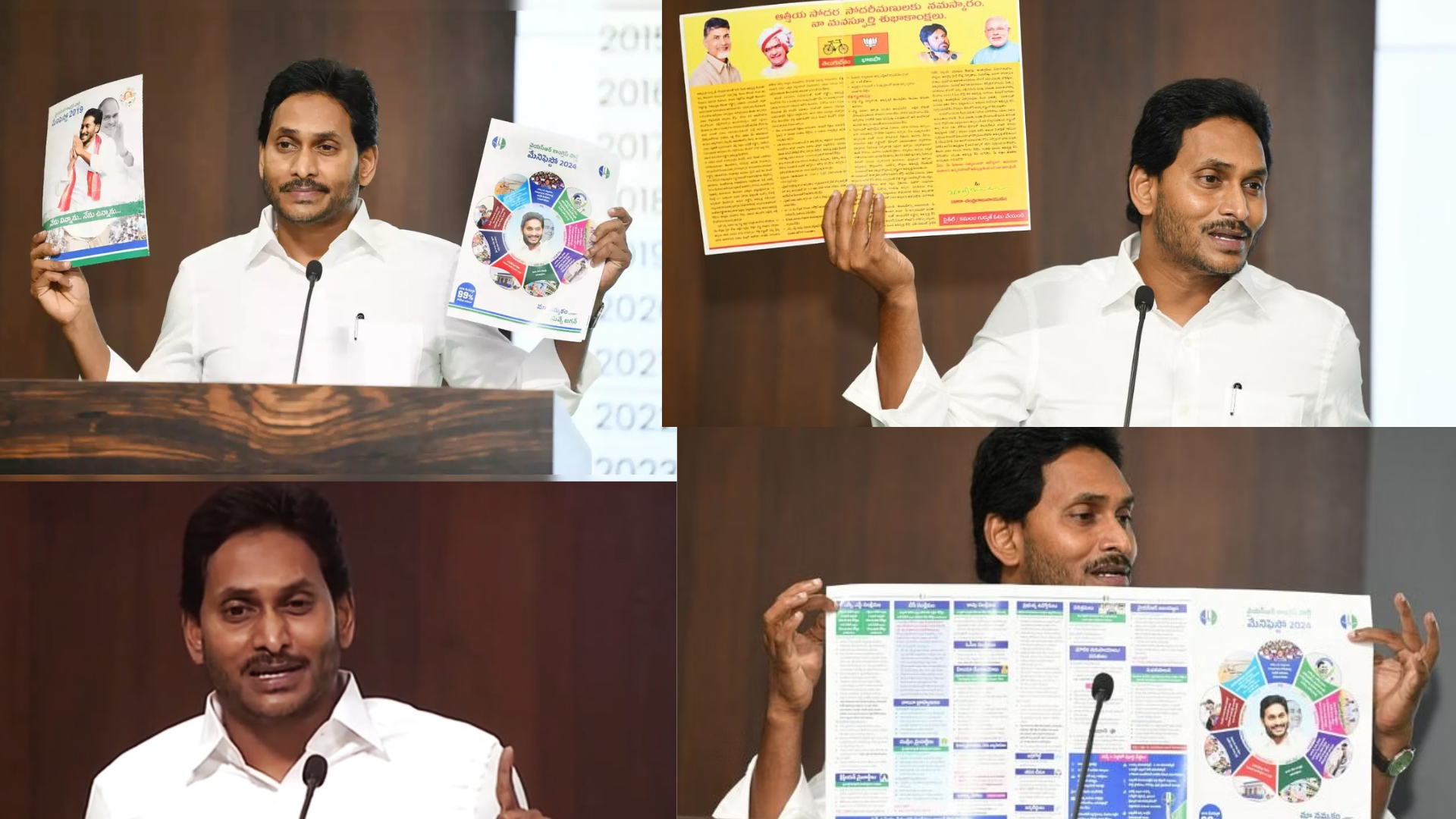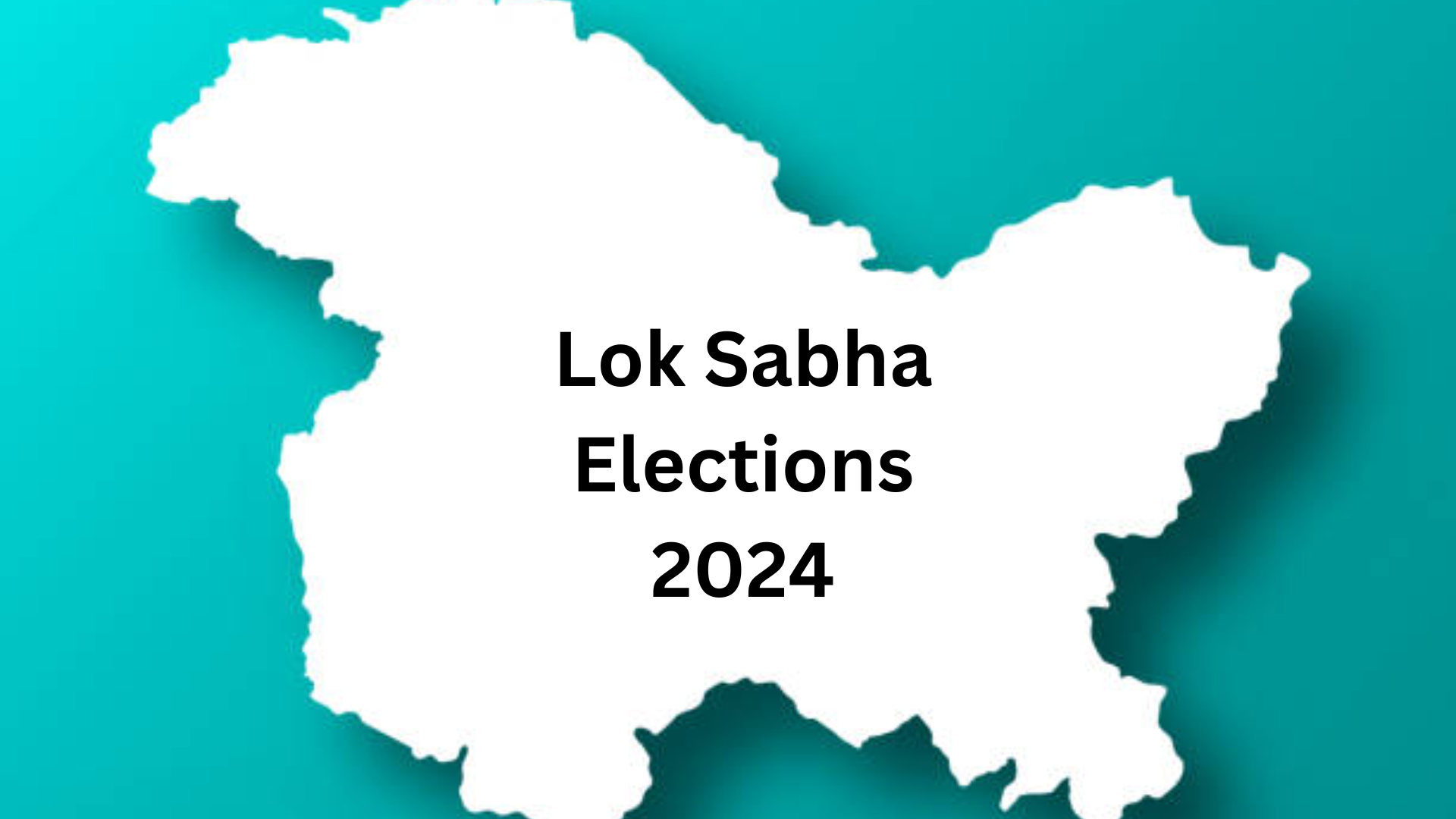


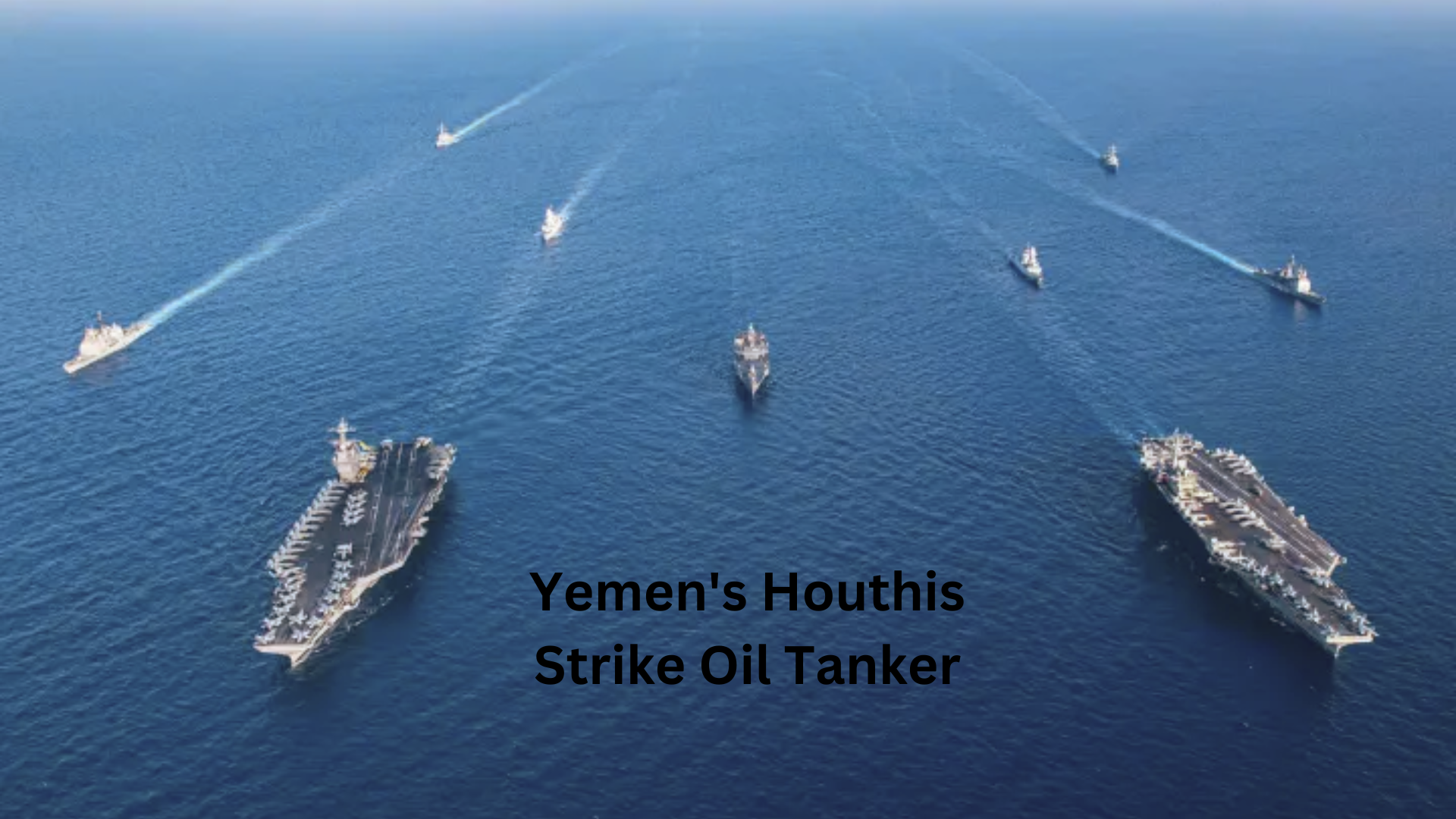
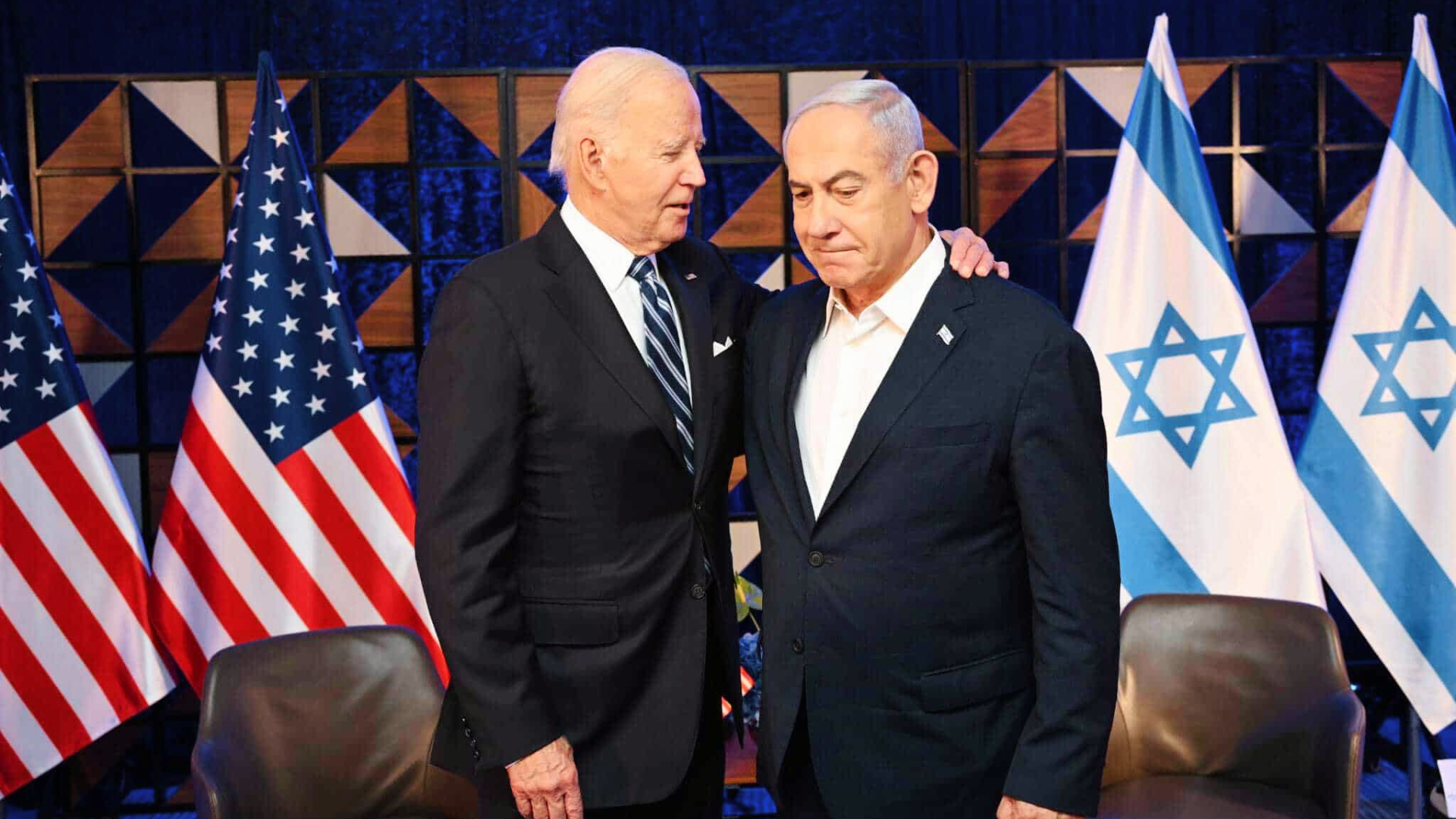



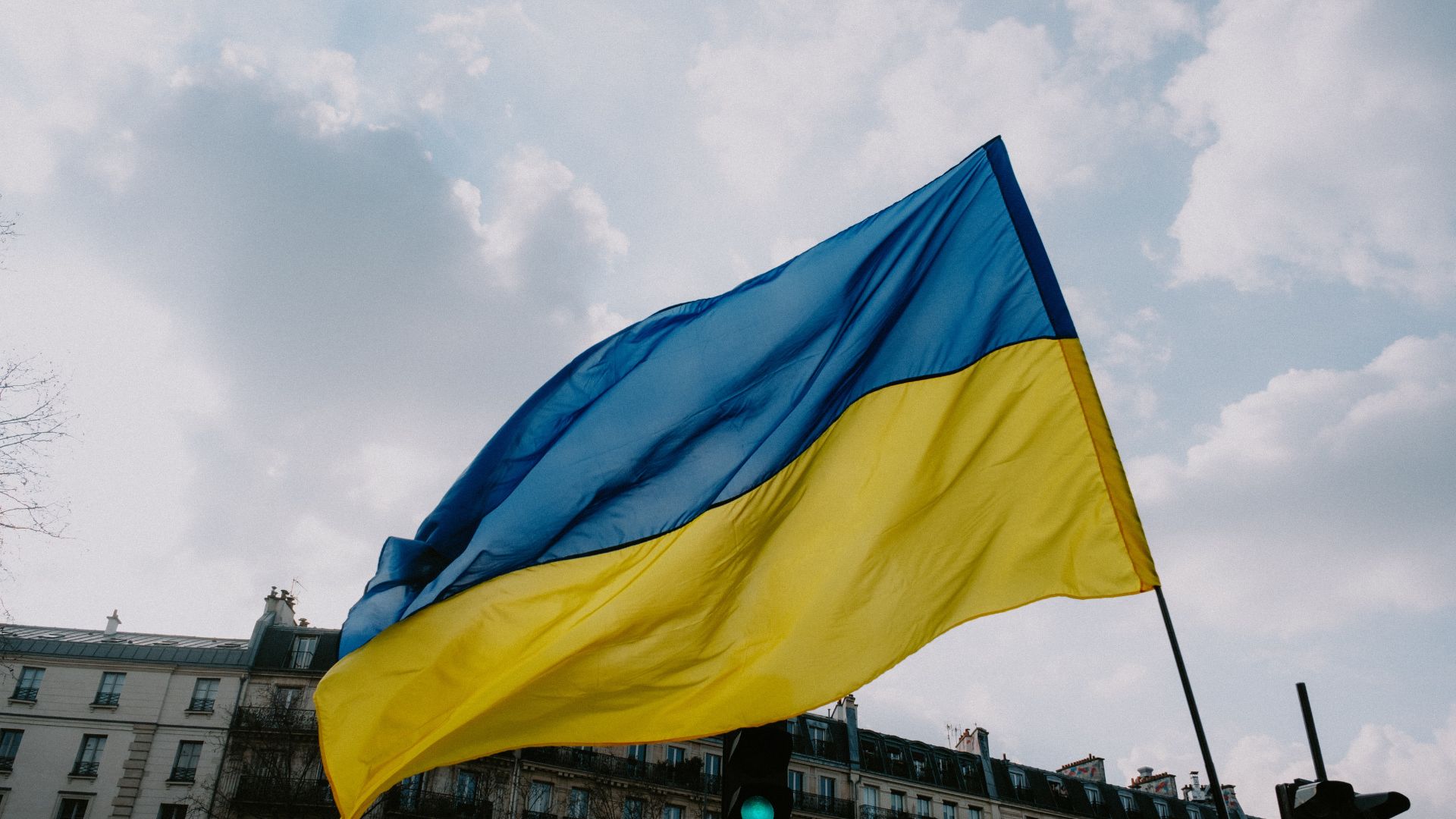

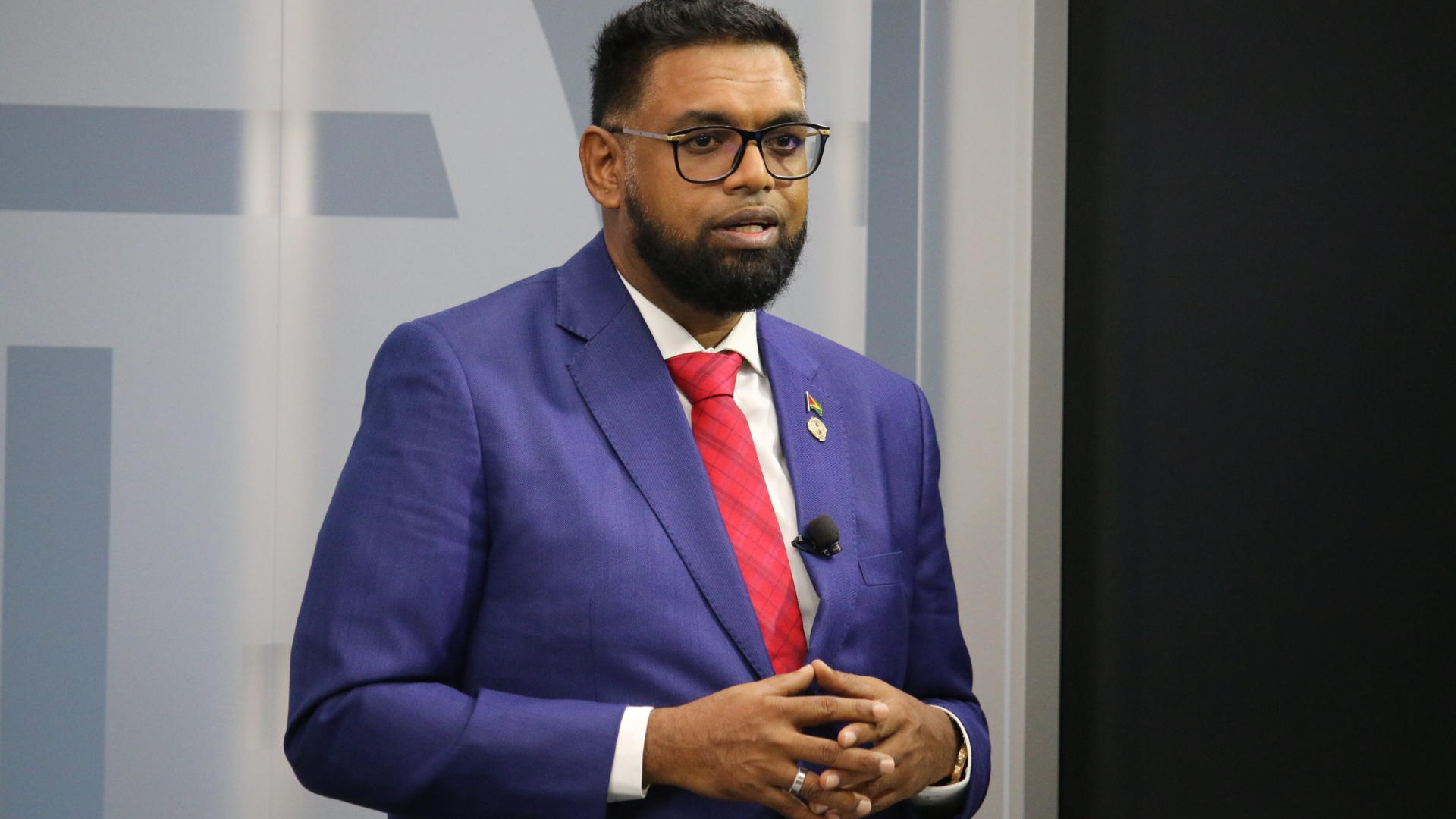
In a recent interview on the BBC’s HardTalk show, Guyanese President Irfaan Ali engaged in a heated exchange with host Stephen Sackur regarding climate change and Guyana’s plans for oil extraction from its newly discovered reserves. The exchange, which has since gone viral, showcased President Ali’s firm stance on defending his country’s environmental policies and challenging perceived hypocrisy from developed nations.
The discussion began when Sackur raised concerns about the potential carbon emissions resulting from Guyana’s extraction of oil and gas reserves off its coast. Citing reports, Sackur highlighted the projected emissions of over two billion tons of carbon from these activities. However, President Ali swiftly interrupted, questioning Sackur’s authority to lecture on climate change and accusing him of being influenced by those responsible for historical environmental damage.
President Ali emphasized Guyana’s significant forest cover, equivalent to the size of England and Scotland combined, which stores approximately 19.5 gigatons of carbon. He asserted that Guyana has maintained a low deforestation rate and emphasized the country’s commitment to environmental preservation. Despite plans for oil and gas exploration, President Ali insisted that Guyana would remain net-zero in emissions.
The exchange underscored broader issues surrounding environmental responsibility and the disparity in expectations between developed and developing nations. President Ali criticized what he perceived as a double standard, wherein developing countries like Guyana are scrutinized for their environmental impact while historical polluters evade accountability.
The concept of “carbon imperialism” emerged in the discussion, reflecting concerns from developing economies that Western nations impose environmental standards without considering the realities of a carbon-based economy. President Ali’s impassioned defense highlighted the complexities of balancing economic development with environmental stewardship.
Guyana’s recent oil discoveries have generated significant economic potential, with reserves estimated at around 11 billion barrels. This newfound wealth has the potential to transform Guyana’s economy and position the country among the ranks of developed nations. However, President Ali emphasized the importance of responsible resource management and equitable partnerships with international stakeholders.
The International Monetary Fund (IMF) has recognized Guyana as South America’s fastest-growing economy, with a projected GDP per capita surpassing $60,000. This remarkable growth trajectory underscores the transformative impact of the country’s oil resources. However, President Ali remains vigilant in ensuring that economic prosperity does not come at the expense of environmental degradation.
The exchange between President Ali and Sackur reflects broader global debates surrounding climate change, environmental justice, and the responsibilities of developed and developing nations. As Guyana navigates its transition into an oil-producing nation, President Ali’s firm stance signals a commitment to sustainable development and environmental stewardship. The international community will undoubtedly continue to monitor Guyana’s progress and its approach to balancing economic growth with environmental conservation.

